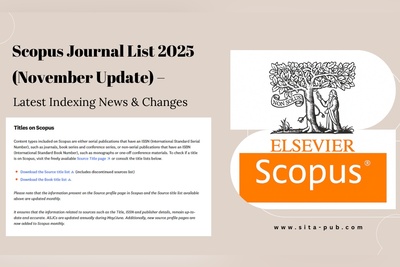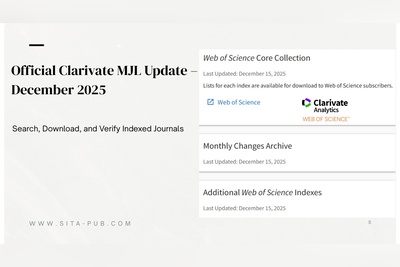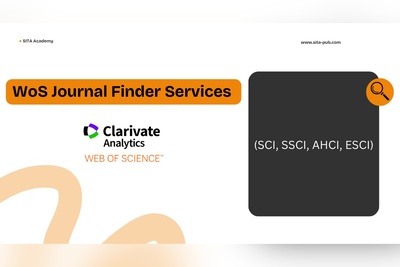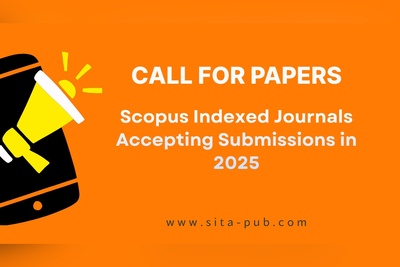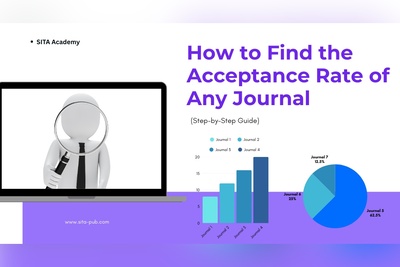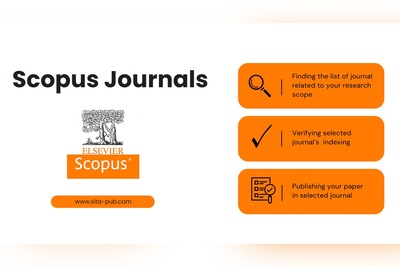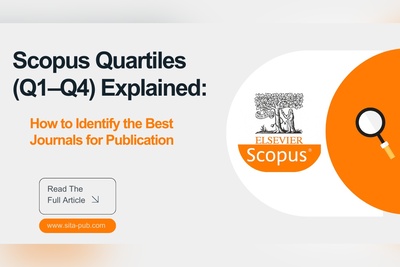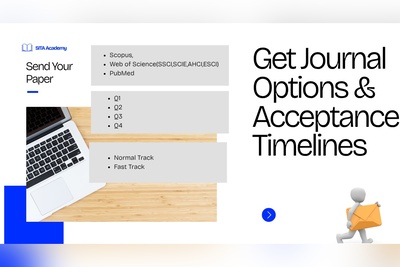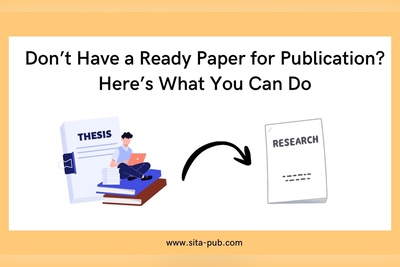Top 5 Factors to Consider When Selecting a Journal for Publication
There are 5 essential tips you need to consider when choosing a Scopus or WoS journal. In this article, we explain how to select the right journal to maximize publication success.
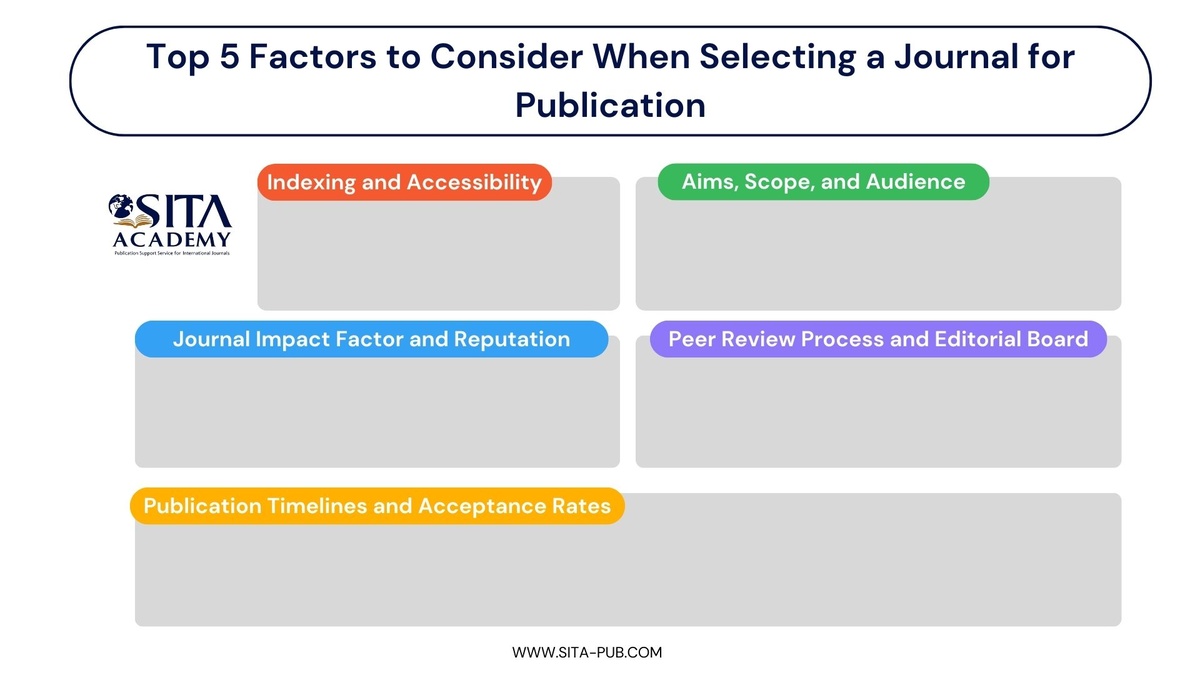
Finding the most suitable journal for your research is an important but often overwhelming task. With countless journals to choose from, making the right choice can greatly impact how widely your work is read and valued within the academic community. Picking the right publication venue helps ensure your research makes a meaningful impact and receives the attention it deserves.
In this blog, we’ll explore the top 5 factors you should consider when selecting a journal for publication. These factors will help you make an informed decision, simplify the process, and improve your publication experience.
1. Journal Impact Factor and Reputation
One of the most commonly used metrics in journal selection is the Impact Factor (IF). The impact factor measures how often articles from a journal are cited over a specific period, indicating its influence and reputation in the field.
Why it matters: Publishing in a high-impact journal often enhances the visibility of your research and can contribute to your academic profile and career advancement.
What to consider: Don’t just focus on the number itself; look at the journal’s reputation within your specific research community. Some niche journals may have lower impact factors but are highly respected within specialized fields.
2. Peer Review Process and Editorial Board
A robust peer review process ensures the quality and credibility of published research. Knowing how your manuscript will be evaluated is important to set expectations.
Peer Review: Understand whether the journal uses single-blind, double-blind, or open peer review. The review timeline and transparency can also vary widely.
Editorial Board: A strong editorial board with recognized experts often reflects the journal's quality and commitment to rigorous evaluation. Review the editorial board members to see if they are leaders in your research area.
3. Indexing and Accessibility
The journal’s indexing status significantly affects how easily your work can be found and cited by others.
Why indexing matters: Journals indexed in major databases such as Scopus, Web of Science, PubMed, or Google Scholar ensure wider discoverability.
Accessibility: Consider whether the journal offers open access publishing. Open access articles are freely available to the public, potentially increasing your readership and citations. Some journals may charge article processing fees for open access, so be sure to check this before submission.
4. Aims, Scope, and Audience
Matching your manuscript to the journal’s aims and scope is crucial for acceptance.
Aims and Scope: Each journal defines the type of research it publishes. Ensure your article fits within the journal’s thematic focus. For example, a journal focused on clinical medicine might not be the best fit for theoretical physics research.
Audience: Think about who you want to read your article. Some journals target specialists in a narrow field, while others aim for a broader academic or even public audience.
5. Publication Timelines and Acceptance Rates
Understanding the journal’s publication frequency, timelines, and acceptance rates helps you manage your expectations and plan your research dissemination effectively.
Publishing Time: Some journals offer fast-track publication options or have quicker peer review and editorial decisions. This might be important if your research is time-sensitive.
Rejection Rates: High rejection rates may indicate strict quality standards but also mean a tougher acceptance process. Journals often publish statistics about their acceptance and rejection rates, which can guide your choice.
Additional Considerations
Beyond these top five factors, you might also want to consider:
Copyright and Licensing: Check whether you retain copyright of your work or if the journal requires you to transfer rights. Also, review the journal’s policies on self-archiving or sharing your article.
Publication Types: Some journals publish original research, reviews, case studies, or short communications. Make sure the journal accepts your article type.
Journal Operations: Check if the journal has clearly stated publicly available policies on submission, peer review, and ethical guidelines.
Publishing Model: Understand if the journal operates under a traditional subscription model, open access, or hybrid (offering both options).
Find Journals That Publish Similar Articles: Use journal finder tools or check where references you cite are published. This can guide you to journals that are the best fit.
Selecting the right journal for your publication is a strategic decision that can impact the visibility, impact, and success of your research. By considering factors such as impact factor and reputation, peer review and editorial board, indexing and accessibility, aims and scope, and publication timelines and acceptance rates, you position yourself for a smoother submission process and greater recognition.
Remember to also review journal policies, copyright terms, and publication types before submitting your manuscript. Taking the time to research and select the best journal tailored to your work will maximize your research’s reach and influence.
How SITA Academy Helps You Choose the Right Journal

Send Your Paper Abstract |

Receive Journal List |

Select Your Journal |

Start the Publication Process |
